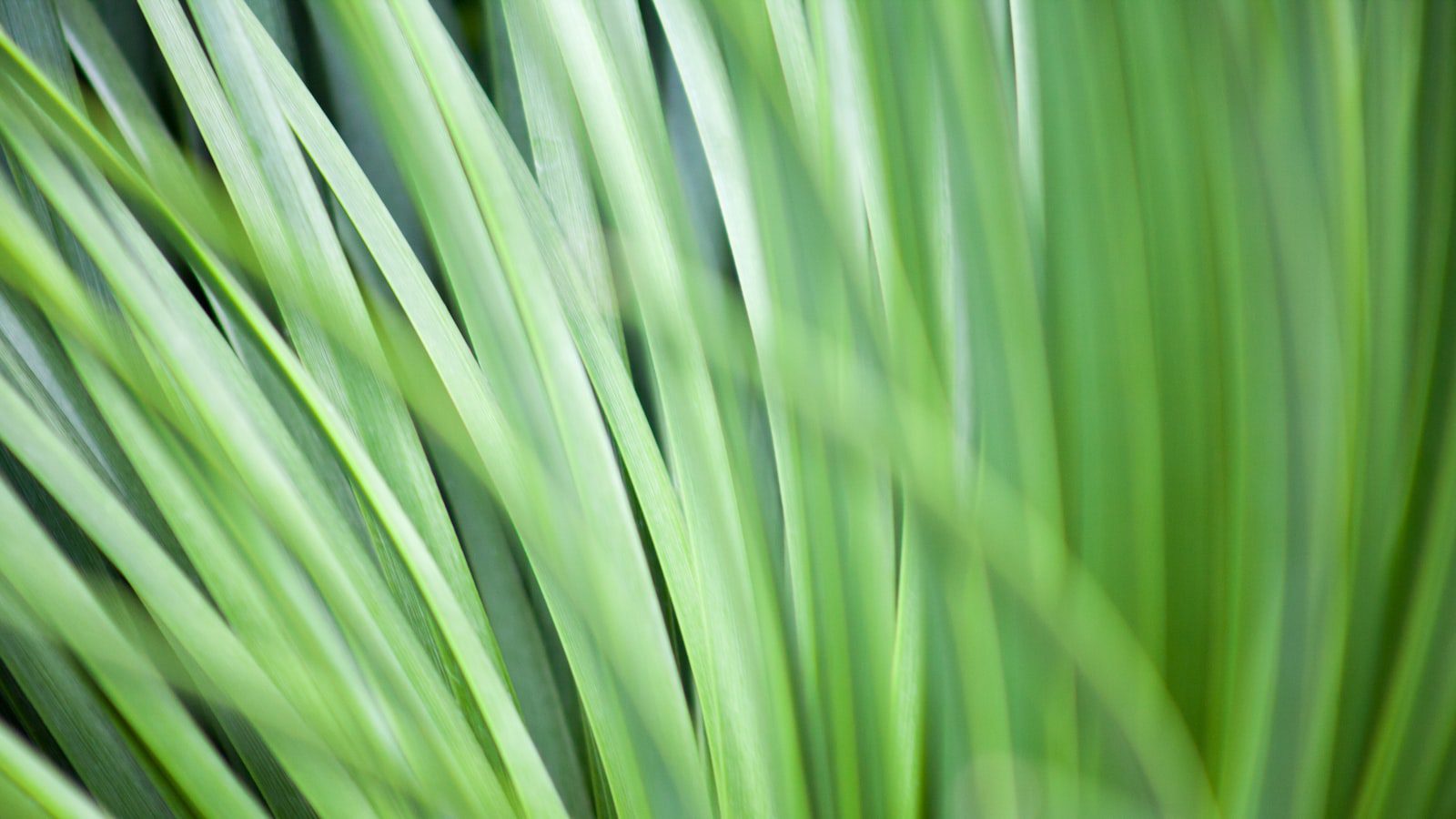As you embark on your journey into organic gardening, it’s essential to grasp the significance of organic garden pesticides. Unlike their synthetic counterparts, organic pesticides are derived from natural sources, making them a safer choice for both your plants and the environment. By opting for organic methods, you not only protect the delicate balance of your garden ecosystem but also contribute to a healthier planet.
The use of organic pesticides aligns with sustainable gardening practices, allowing you to cultivate your plants without the harmful chemicals that can leach into the soil and waterways. Moreover, understanding the importance of organic garden pesticides extends beyond mere environmental concerns. These natural solutions often target specific pests without harming beneficial insects, which play a crucial role in pollination and pest control.
By using organic pesticides, you can maintain a thriving garden that supports biodiversity. This approach fosters a more resilient ecosystem, where plants can flourish without the constant threat of chemical exposure. As you delve deeper into organic gardening, recognizing the value of these natural alternatives will empower you to make informed decisions that benefit both your garden and the surrounding environment.
Key Takeaways
- Organic garden pesticides are important for maintaining a healthy and sustainable garden environment without harmful chemicals.
- Common organic garden pests like aphids, caterpillars, and slugs can have a significant impact on plant health and yield.
- Natural solutions such as neem oil, diatomaceous earth, and garlic spray can effectively control garden pests without harming the environment.
- Homemade organic pesticide recipes using ingredients like soap, oil, and hot pepper can be an effective and affordable alternative to store-bought pesticides.
- Beneficial insects like ladybugs, lacewings, and praying mantises can be utilized to naturally control garden pests and maintain a balanced ecosystem.
Common Organic Garden Pests and Their Impact on Plants
In your organic garden, you may encounter a variety of pests that can wreak havoc on your plants. Common culprits include aphids, spider mites, and whiteflies, each capable of causing significant damage if left unchecked. Aphids, for instance, are small sap-sucking insects that can quickly multiply and weaken your plants by draining their vital nutrients.
Their presence often leads to stunted growth and distorted leaves, which can be disheartening for any gardener. Understanding these pests and their impact on your plants is crucial for effective management. Spider mites, on the other hand, are notorious for their ability to thrive in hot, dry conditions.
They create fine webs on the undersides of leaves, leading to yellowing and eventual leaf drop. Whiteflies are another common pest that can cause similar issues; they feed on plant sap and excrete a sticky substance known as honeydew, which can attract other pests and lead to fungal growth. By familiarizing yourself with these pests and their effects on your garden, you can take proactive measures to protect your plants and ensure a bountiful harvest.
Natural Solutions for Controlling Garden Pests
When it comes to controlling garden pests naturally, you have a wealth of options at your disposal. One effective method is the use of neem oil, derived from the seeds of the neem tree. This natural pesticide disrupts the life cycle of pests by interfering with their hormonal systems, making it difficult for them to grow and reproduce.
Applying neem oil not only targets existing infestations but also acts as a preventive measure against future outbreaks. As you explore this solution, remember to follow application guidelines carefully to maximize its effectiveness. Another natural solution involves the use of diatomaceous earth (DE), a fine powder made from fossilized algae.
When sprinkled around your plants, DE creates a barrier that is abrasive to soft-bodied insects like slugs and beetles. This method is particularly appealing because it is non-toxic to humans and pets while being lethal to pests. Additionally, introducing homemade insecticidal soaps can help control soft-bodied insects by suffocating them upon contact.
By incorporating these natural solutions into your pest management strategy, you can maintain a healthy garden while minimizing harm to beneficial organisms.
Homemade Organic Pesticide Recipes
| Recipe | Ingredients | Effectiveness |
|---|---|---|
| Garlic and Onion Spray | Garlic, onion, water, liquid soap | Effective against aphids and caterpillars |
| Neem Oil Spray | Neem oil, water, liquid soap | Effective against mites, aphids, and beetles |
| Chili Pepper Spray | Chili peppers, water, garlic, liquid soap | Effective against ants, caterpillars, and beetles |
Creating your own organic pesticides at home can be both rewarding and effective in managing garden pests. One popular recipe involves mixing water with liquid soap and vegetable oil to create an insecticidal soap spray. To make this solution, combine one tablespoon of liquid soap (preferably biodegradable) with one tablespoon of vegetable oil in a quart of water.
Shake well before applying it directly onto affected plants, ensuring thorough coverage on both the tops and undersides of leaves. This simple yet powerful concoction can help eliminate aphids, spider mites, and other soft-bodied pests. Another effective homemade pesticide recipe utilizes garlic and hot pepper.
To create this potent mixture, blend two cloves of garlic with one teaspoon of cayenne pepper in a quart of water. Allow the mixture to steep overnight before straining it into a spray bottle. The strong scent of garlic combined with the heat from the pepper acts as a deterrent for many pests while being harmless to your plants.
By experimenting with these homemade recipes, you can tailor your pest control methods to suit your specific garden needs while embracing the principles of organic gardening.
Utilizing Beneficial Insects for Pest Control
In your quest for a thriving organic garden, consider enlisting the help of beneficial insects as natural allies in pest control. Ladybugs are perhaps one of the most well-known beneficial insects; they voraciously consume aphids and other harmful pests, making them invaluable in maintaining a healthy garden ecosystem. By attracting ladybugs to your garden through companion planting or providing suitable habitats, you can harness their natural predatory instincts to keep pest populations in check.
Another beneficial insect worth considering is the lacewing larva, often referred to as “aphid lions.” These tiny predators feed on aphids, thrips, and other soft-bodied insects during their larval stage. You can attract lacewings by planting flowers such as dill or yarrow, which provide nectar for adult lacewings while also serving as a food source for their larvae. By fostering an environment that encourages beneficial insects, you not only reduce pest populations but also promote biodiversity within your garden.
Companion Planting for Natural Pest Management
Marigolds and Vegetables: A Perfect Pair
Marigolds emit a scent that repels nematodes and other harmful insects while attracting beneficial pollinators. By planting marigolds alongside vegetables like tomatoes or peppers, you can create a harmonious environment where plants support each other.
Basil and Tomatoes: A Match Made in Heaven
Basil not only enhances the flavor of tomatoes but also acts as a natural repellent for aphids and whiteflies. This simple pairing can create a more balanced ecosystem in your garden while improving overall plant health.
Herbs as Natural Pest Repellents
Additionally, certain herbs like mint and rosemary can deter pests when planted near susceptible crops. By incorporating companion planting into your gardening strategy, you can create a harmonious environment where plants support each other while naturally managing pest populations.
Implementing Physical Barriers to Protect Plants
Physical barriers are an effective way to safeguard your plants from unwanted pests without resorting to chemicals. One common method is using row covers or floating row covers made from lightweight fabric that allows sunlight and moisture to penetrate while keeping pests at bay. These covers are particularly useful during the early stages of plant growth when they are most vulnerable to insect infestations.
Another option is installing insect netting or mesh around specific plants or garden beds. This physical barrier prevents larger pests like birds or rabbits from accessing your crops while allowing beneficial insects to enter freely. Additionally, using copper tape around pots can deter slugs and snails from climbing up to munch on your plants.
By implementing these physical barriers, you create a protective shield that helps maintain a healthy garden environment.
Tips for Maintaining a Healthy and Pest-free Organic Garden
To ensure your organic garden remains healthy and pest-free, regular monitoring is key. Take time each week to inspect your plants for signs of pest activity or disease. Early detection allows you to address issues before they escalate into larger problems that could jeopardize your harvest.
Additionally, maintaining proper plant spacing promotes good air circulation, reducing humidity levels that attract pests. Another important tip is to practice crop rotation each season. By changing the location of specific crops in your garden, you disrupt pest life cycles and minimize the risk of infestations associated with particular plants.
Furthermore, incorporating organic matter into your soil through composting enriches its nutrient content while improving overall plant health. By following these tips and remaining vigilant in your gardening practices, you can cultivate a thriving organic garden that flourishes without the need for harmful chemicals or synthetic pesticides.
If you are interested in learning more about the magic of organic gardens, you may want to check out this article on The Magic of Organic Gardens: Defining Mother Nature’s True Canvas. This article explores the beauty and benefits of cultivating a garden using natural and sustainable methods. It delves into the importance of working with nature to create a harmonious and thriving garden ecosystem.



